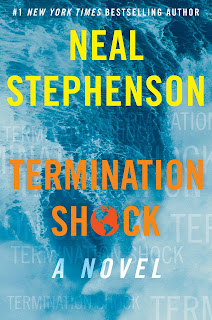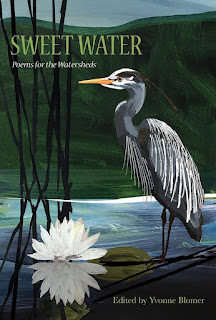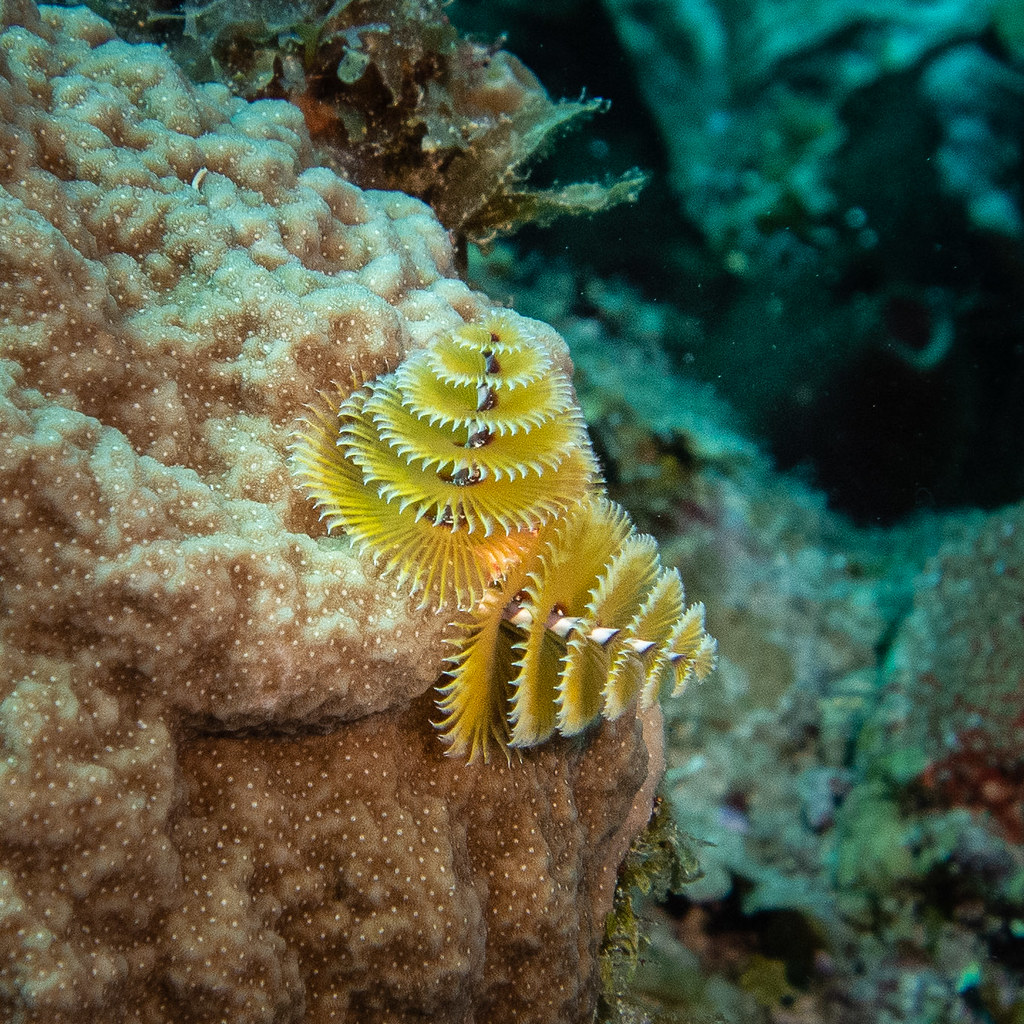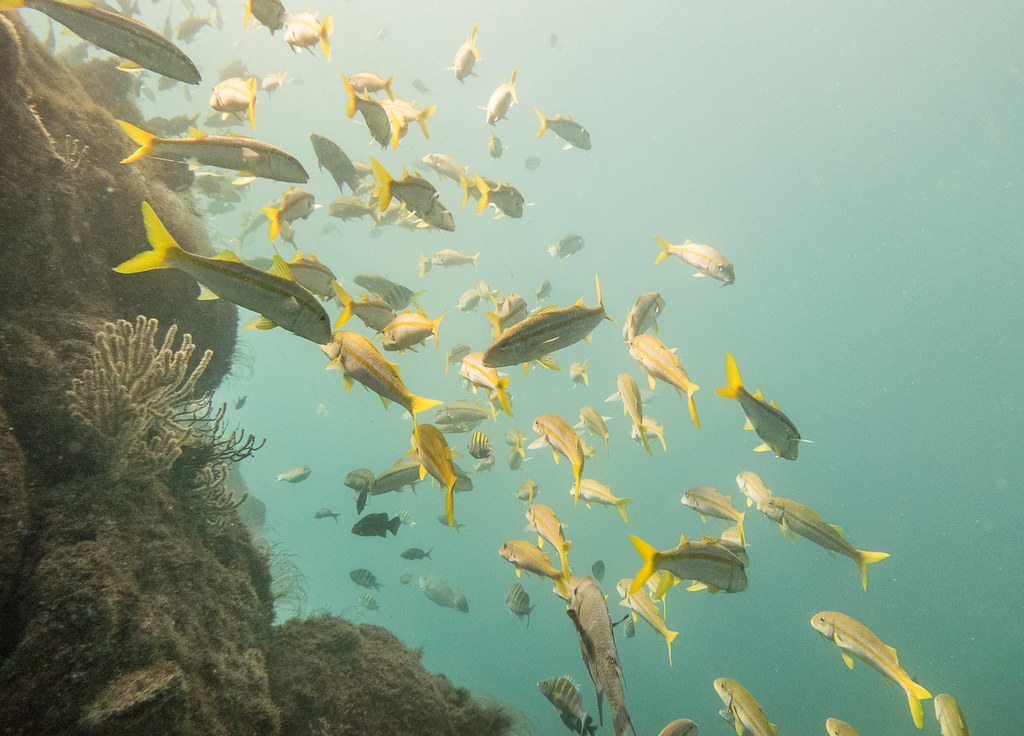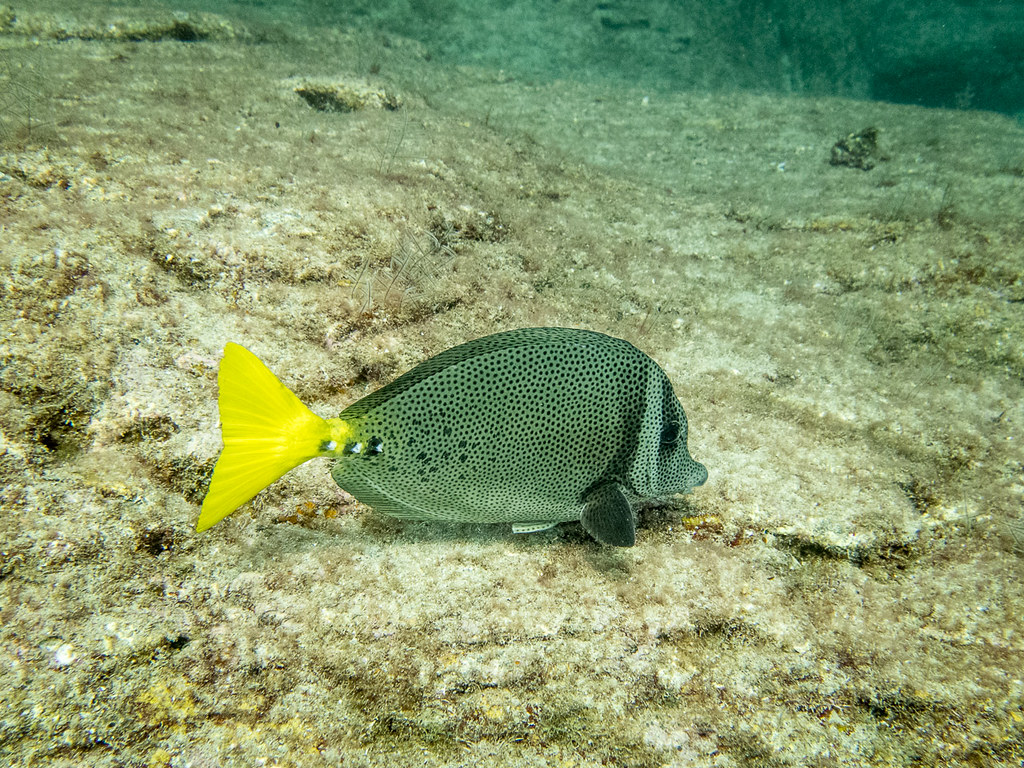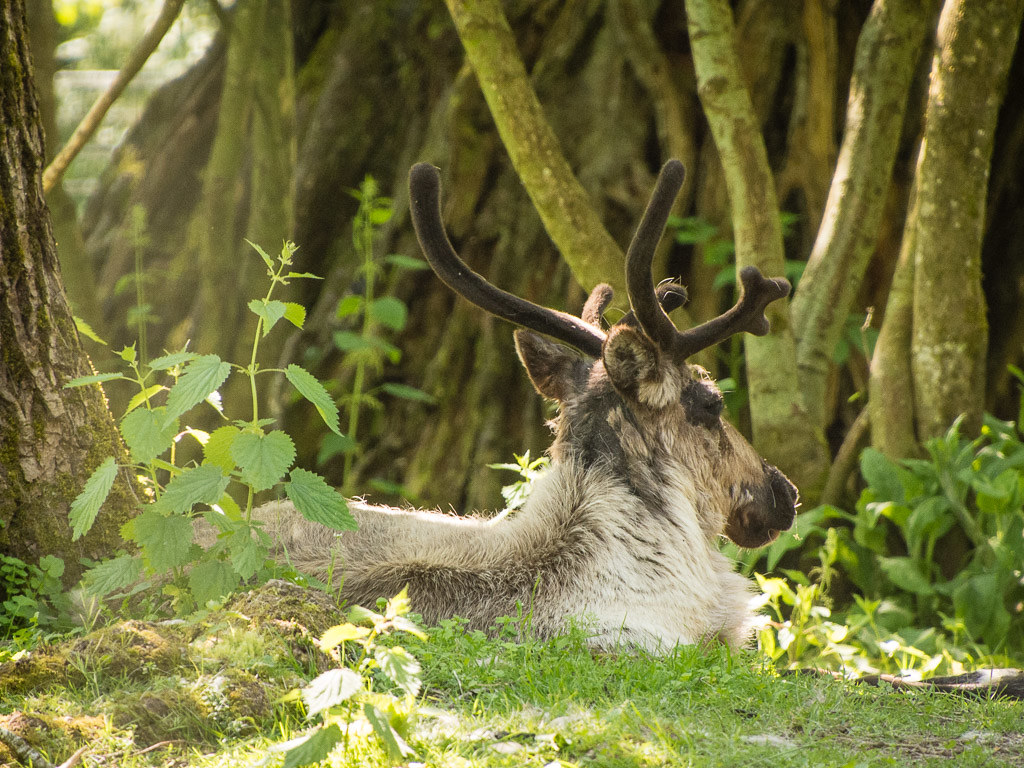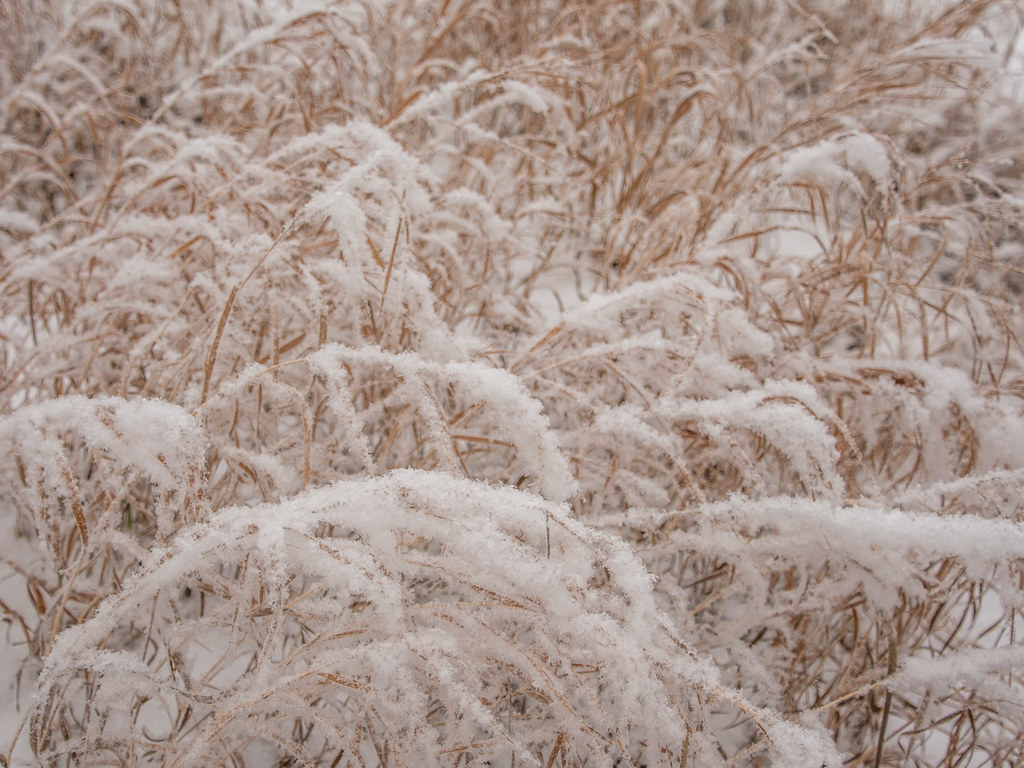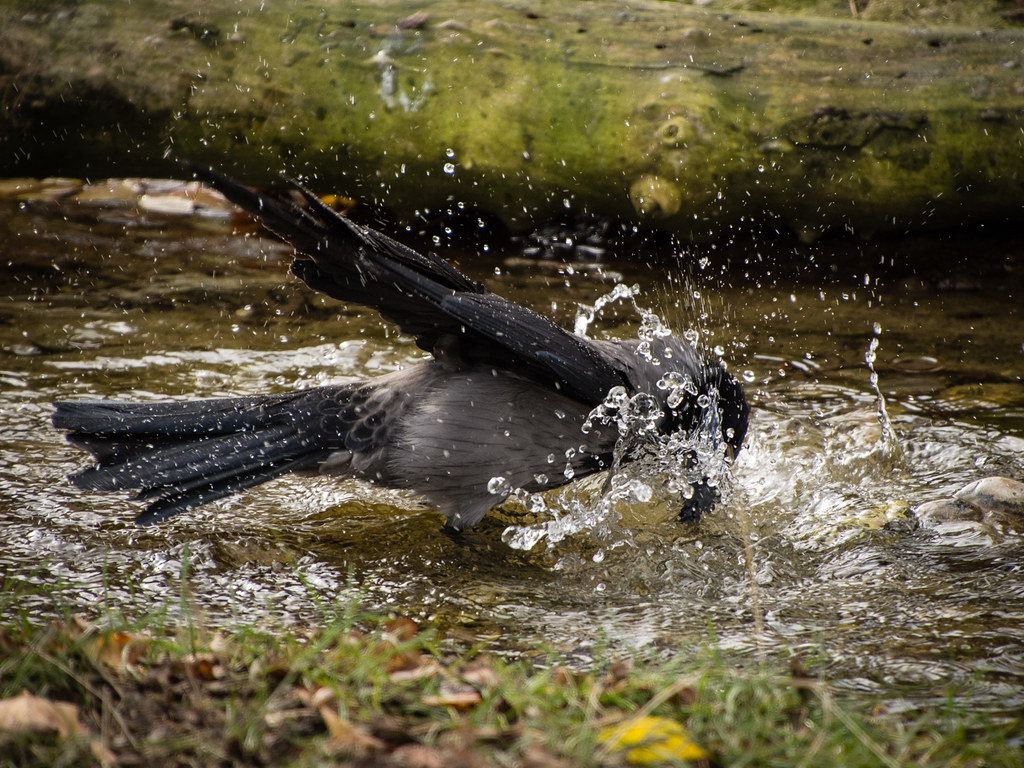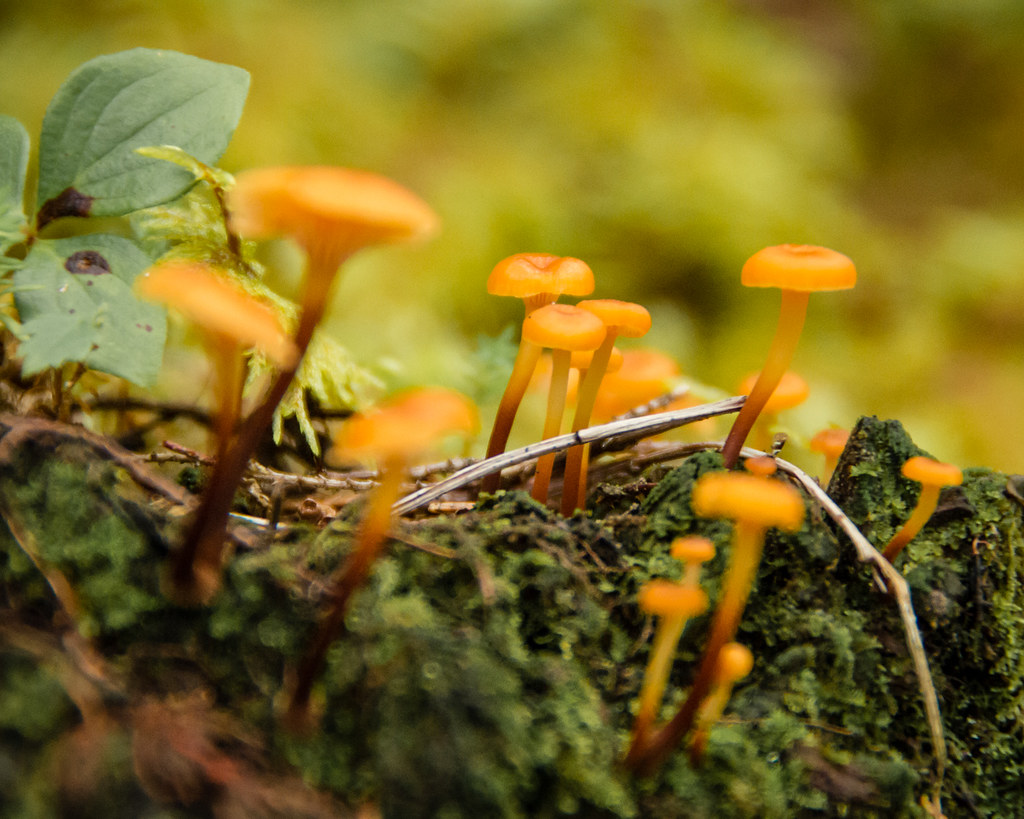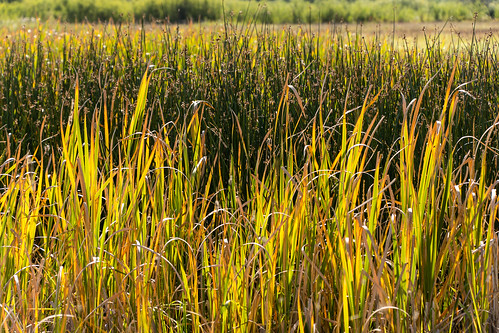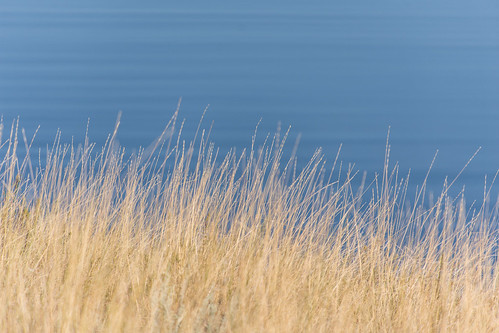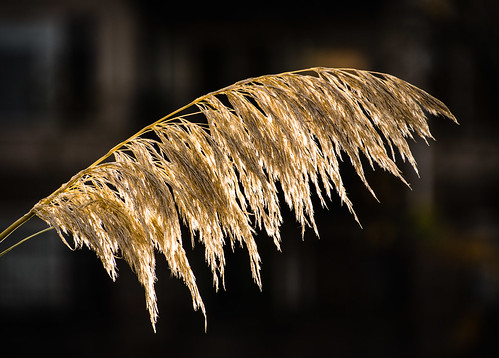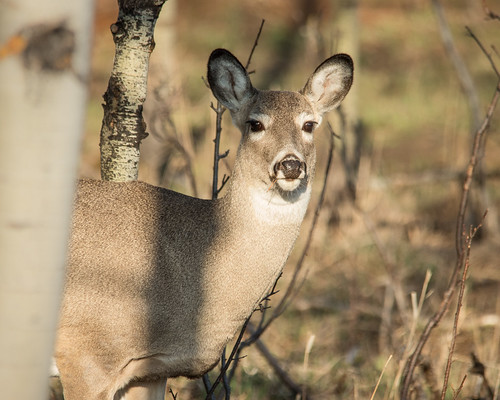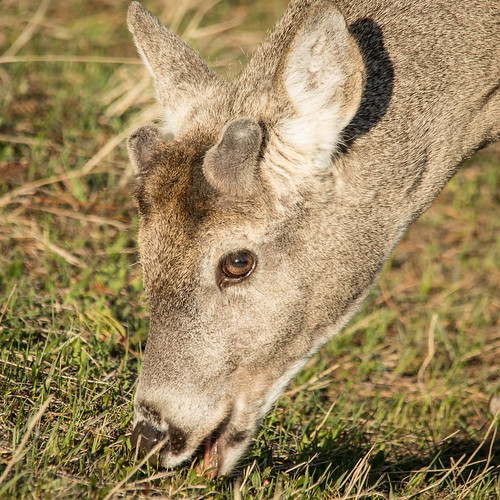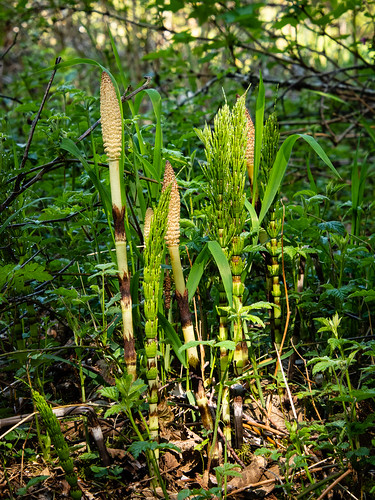Action-Oriented Visionaries
Neal Stephenson laments the dwindling of big dreams such as placing a man on the moon. Developing new technologies and implementing them “on a heroic scale no longer seems like the childish preoccupation of a few nerds with slide rules. It’s the only way for the human race to escape from its current predicaments.” He believes that science fiction has the power to inspire and provide well thought-out alternate realities. [Wired]
In Neal Stephenson’s most recent book, Termination Shock, a Texas restaurant chain magnate has a big idea for reversing global warming. Will it work? What are the consequences? You’ll have to read the book to find out.
If you’re looking for more big ideas, here’s a list of 10 books published since 2020 that address transformational change - from Post-Growth Living for an Alternative Hedonism to Commanding Hope: The Power We Have to Renew a World in Peril. [Orion Magazine]
Wild Hope magazine shares conservation success stories “that show how anyone can participate in saving Earth’s biodiversity by applying whatever skills or talents they have and that a science degree isn’t a prerequisite to making a difference.” [Wild Hope]
Invisible Wonders
What does a bee look like under its furry coat? How does a tree frog use its eyes to swallow? Inside In: X-Rays of Nature’s Hidden World uses x-ray images to display creatures and their habitats in a completely new way.
Levon Biss has used his camera to capture The Hidden Beauty of Seeds and Fruits. He says, “The aim of my work is to bring to light details in nature that are normally invisible to the human eye.” Do take a look at the images. You’ll be amazed. [PetaPixel]
In The Songs of Trees, David Haskell pays regular visits to a dozen trees and listens. Haskell says, “Listening involves paying attention to the acoustics of the tree itself … A maple tree is going to have a very different sound in the wind than a pine tree, and, in different seasons, the tree will have different voices, revealing some of its physiology and nature … The sounds of the tree also involve the other creatures that are using the tree — insects, birds, and so forth. You must attend to those sounds, as well. And then humans are another creature … So part of the listening process involves talking to people whose lives are intertwined with trees, in an effort to discern some of the threads of stories that connect us.” [Utne]
Water Words
Sweet Water: Poems for the Watersheds edited by Yvonne Blomer is an all-Canadian collection of poems about streams and rivers. You’ll find poems about local places and situations – Toronto’s hidden streams, the Alberta flood of 2013, and Warren’s Landing in Manitoba.
EcoFriendly Sask supports Saskatchewan environmental initiatives through an online publication, an events calendar, small grants, and the Nature Companion website/app. You can follow EcoFriendly Sask by liking us on Facebook, following us on Twitter, or subscribing by email (top right corner).

